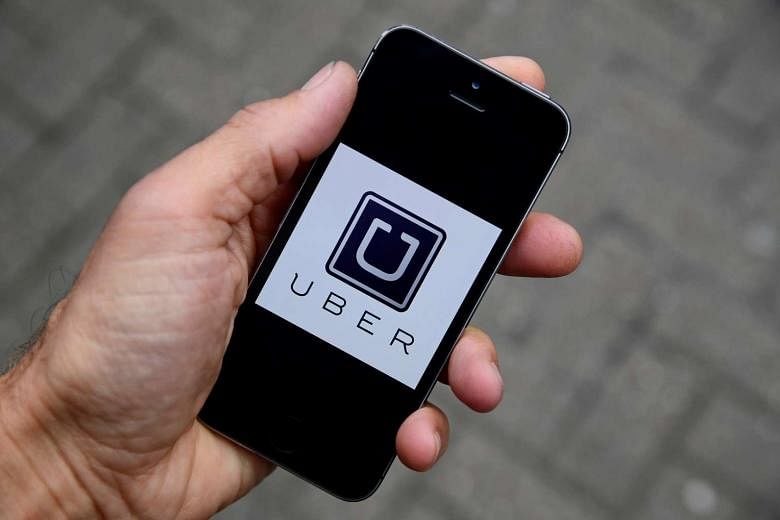TAIPEI (THE CHINA POST/ASIA NEWS NETWORK) - Last September, Uber quickly reversed its decision to quit the Macau market after hundreds of supporters hit the streets demanding the government legalise the ride-hailing business.
This dramatic event provides some context for Uber Taiwan's unexpected announcement on Thursday of "a pause of operation" in the four cities in the country, attempting to "inspire the government to open up for innovation and dialogue."
While the announcement came almost like a truce deal with authorities as tension escalated over the past month, it called into question whether it came as a sincere gesture or a strategic move manipulating public sentiment to play into its hands, like in Macau. Regardless of Uber's true intentions or any demonstrations that follow, it is fair to say that this is not likely to be the end of Uber Taiwan.
Economic experts have predicted that peer-to-peer (P2P) businesses operating via third parties and providing an open, credited online platform would become one of the major economic patterns in the 21st century.
Uber or no Uber, traditional regulations will be in need of a makeover to catch up with modern technology and the unstoppable trends reshaping economies the world over.
What the government should be doing is re-examining regulations or enacting new ones to provide modern and safe choices for consumers, while lending a hand for traditional businesses to improve or transform to adapt to the evolving world.
On the other hand, Uber Taiwan would be utterly naive to think it could actually make a solid return in Taiwan's market after the suspension announcement like it did in Macau without toning down on its rhetoric against the Taiwanese government, abiding by established laws, paying the fines and taxes, and safeguarding the rights of drivers and riders.
Most of Uber Taiwan's customers are seasoned internet users with a high command of modern technology, and are aware of what's going on and of their own rights.
This was proven in December last year when Uber's front-page advertisements on major local news outlets backfired, misleading readers into believing that the government was going to fine Uber drivers by NT$25 million (S$1.1 million). In fact it was the company that was going to be fined.
Uber Taiwan must find middle ground and compromise with the government to regain trust from Taiwanese customers, otherwise, returning to the market after its "pause" may still be a struggle for the embattled business.

